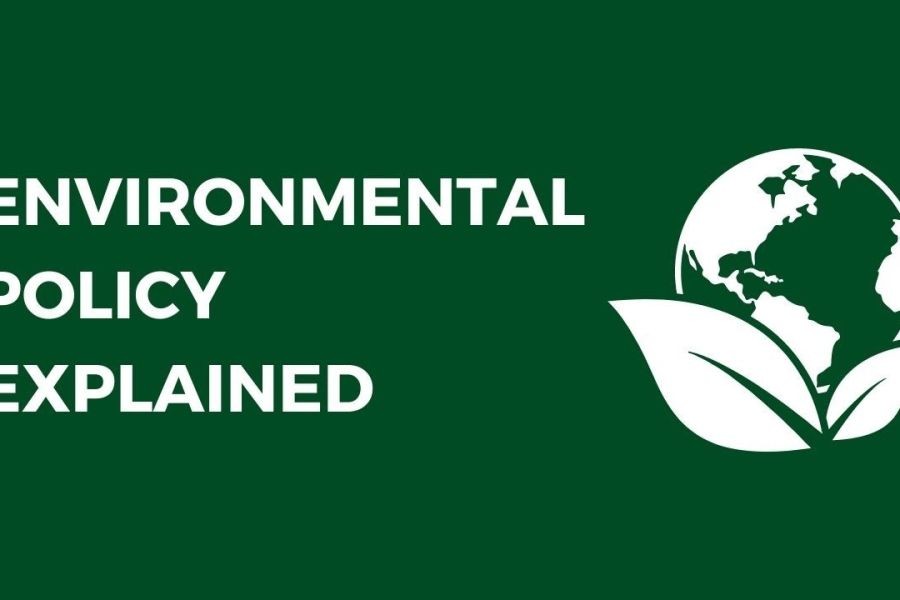New Zealand's commitment to environmental sustainability stands as a beacon in the global arena, yet the economic implications of its environmental policies remain a topic of complex debate. Did you know that New Zealand is aiming for a carbon-neutral economy by 2050? This ambitious target is not just an environmental goal but a significant economic challenge that could reshape industries and investment landscapes. As environmental concerns increasingly intersect with economic realities, understanding these dynamics becomes crucial for investors, policymakers, and business leaders alike.
The Evolution of New Zealand's Environmental Policies
New Zealand's journey towards sustainability began in earnest decades ago, with the Resource Management Act of 1991 serving as a foundational piece of legislation. Over the years, policies have evolved to reflect a growing urgency in addressing climate change, biodiversity loss, and pollution. The Zero Carbon Act of 2019 marked a pivotal moment, setting legally binding targets for reducing greenhouse gas emissions.
Data-Driven Insights: The Economic Impact
According to Stats NZ, industries like agriculture, which contribute significantly to greenhouse gas emissions, face increasing pressure to adapt. The agricultural sector alone contributes nearly half of the country's total emissions. This has led to the introduction of initiatives such as He Waka Eke Noa, a partnership aimed at reducing agricultural emissions while maintaining productivity.
Furthermore, the Ministry of Business, Innovation and Employment (MBIE) reports that the clean technology sector is growing at a rate of 4% annually, driven by increased investment in renewable energy and sustainable practices. This indicates a shifting economic landscape where traditional industries must adapt or face obsolescence.
Case Study: Meridian Energy's Renewable Shift
Problem: Meridian Energy, one of New Zealand's largest electricity generators, faced the challenge of transitioning from fossil fuels to renewable energy sources. This was crucial to align with national emissions targets and meet consumer demand for sustainable energy.
Action: The company invested heavily in wind and hydroelectric power, becoming a leading renewable energy provider. They implemented innovative strategies, including the use of AI for predictive maintenance, to enhance efficiency and reduce costs.
Result: Within five years, Meridian Energy achieved a 100% renewable electricity generation portfolio, reducing their carbon footprint by 50%. This not only boosted their market position but also set a benchmark for sustainability in the energy sector.
Takeaway: This case underscores the potential for traditional energy companies to pivot towards sustainability, unlocking both environmental and economic benefits.
Pros and Cons of Environmental Policies
Pros:
- Increased Investment: New Zealand's commitment to sustainability attracts international investment, particularly in the clean tech sector.
- Long-Term Cost Savings: Transitioning to renewable energy reduces dependency on imported fossil fuels, leading to cost savings.
- Job Creation: The renewable energy sector is projected to create thousands of jobs, boosting local economies.
Cons:
- High Initial Costs: The transition to sustainable practices requires significant upfront investment, which can strain smaller businesses.
- Regulatory Complexity: Navigating the complex regulatory landscape can be challenging for businesses.
- Short-Term Disruption: Industries such as agriculture may face short-term disruptions as they adapt to new regulations.
Contrasting Viewpoints: Environmental Policies and Economic Growth
Advocate Perspective: Proponents argue that environmental policies drive innovation, leading to sustainable economic growth. For instance, the clean tech sector's expansion is a direct result of stringent environmental regulations.
Critic Perspective: Critics claim that these policies can hinder economic growth by imposing additional costs on businesses, particularly in sectors like agriculture and manufacturing.
Middle Ground: A balanced approach that combines regulatory support with financial incentives could mitigate the economic impact while promoting sustainable practices.
Debunking Common Myths
Myth: "Environmental regulations kill jobs."
Reality: The clean tech sector is creating more jobs than it eliminates, with projections indicating a 20% increase in employment by 2030 (Source: MBIE).
Myth: "Sustainability is not profitable."
Reality: Companies like Meridian Energy demonstrate that sustainability can lead to increased profitability through cost savings and market differentiation.
Future Trends and Predictions
By 2030, New Zealand's renewable energy sector is expected to generate 90% of the country's electricity, according to a report by the International Energy Agency. This transition will likely position New Zealand as a leader in sustainability, attracting further investment and bolstering its economy.
Conclusion
New Zealand's environmental policies are shaping its economic landscape in profound ways. While challenges remain, the potential for innovation and growth is significant. As the country continues to balance environmental goals with economic realities, businesses and investors have the opportunity to lead in this transformative era.
What’s your take on New Zealand's approach to sustainability? Share your insights below!
Related Search Queries
- New Zealand environmental policies impact
- Economic effects of sustainability in NZ
- renewable energy growth in New Zealand
- Investment opportunities in NZ clean tech
- Challenges of NZ environmental regulations































